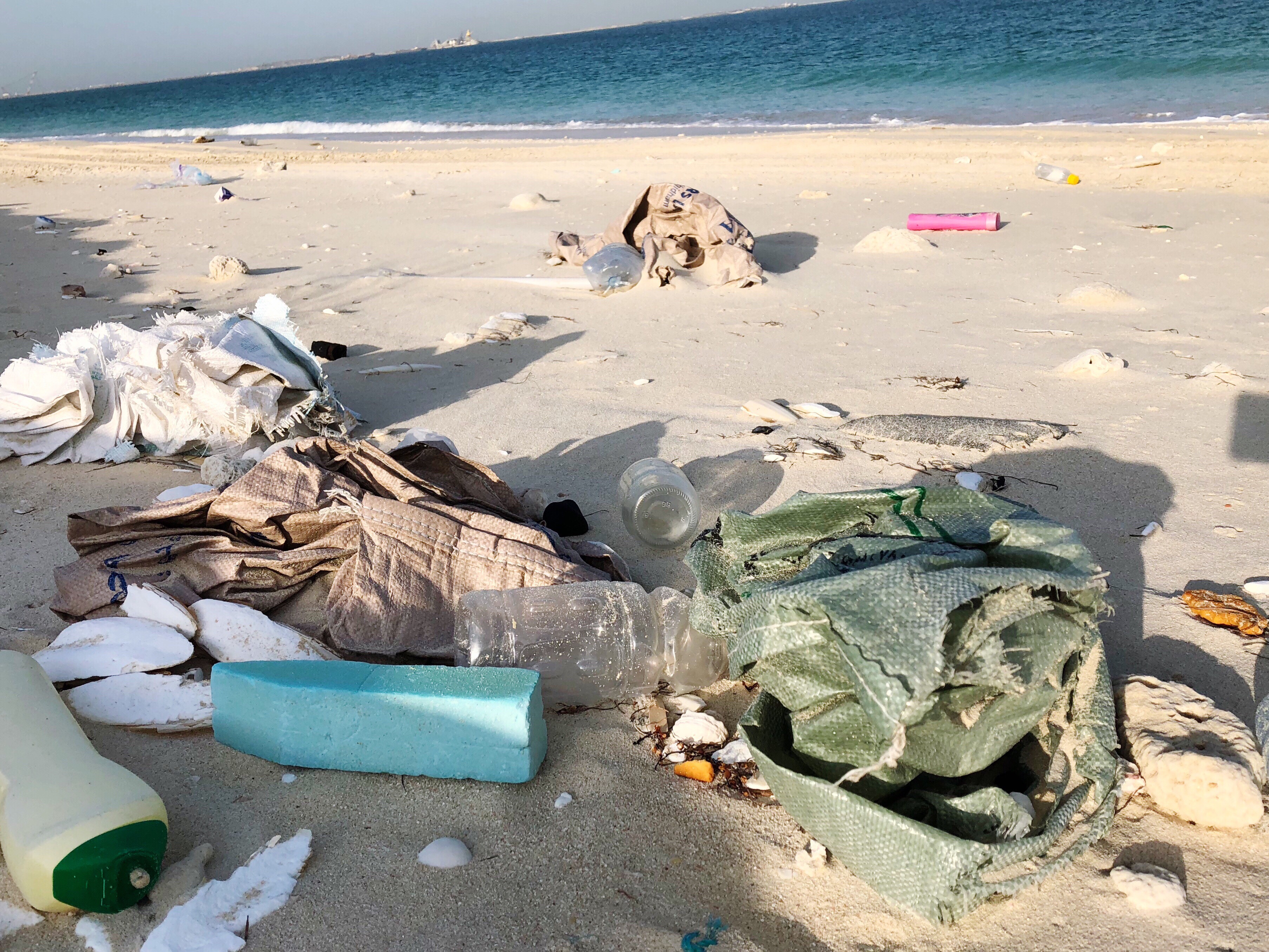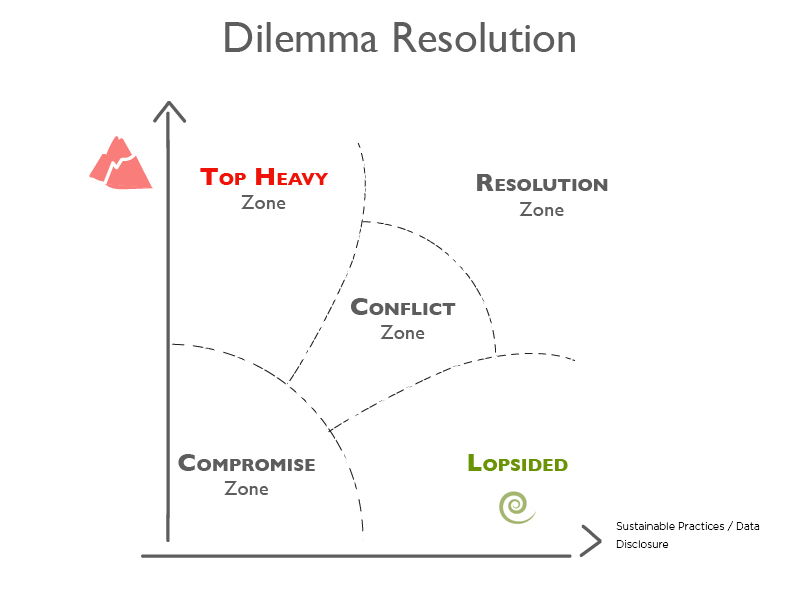ACHIEVING THE NET ZERO AGENDA IN 2030: The Mauritian Dilemma
Article by Clensy Appavoo
Mauritius emits less than 0,01% of carbon dioxide of the whole world, yet Mauritius is now ranked 51 in terms of most risky countries in the world. Led by our Ministry of Environment and the Government as a whole, our small Island is actually mobilising resources right from the education of its people, the reduction of its carbon footprint with a clear definition of the handprint for the new generations to come. Still, in view of the clear signs of global warming which shows significant evidence that the destruction is in motion, Mauritius seems to be late on schedule and it may regretfully miss the 2030 Net Zero Agenda.
CLIMATE CHANGE: THE SIGNS ARE HERE!
The danger of climate change is omnipresent, especially for small economies as Mauritius. We have similar cases in other Islands such as the Maldives, the Seychelles, Fiji , Bahamas, Panama, and other Islands in the surround of the American continent. There are clear signs that global warming has reached an alarming level and that the destruction is now in motion.
The paradox remains that the continuous pollution and greenhouse damage caused by big nations will increase the vulnerability of Mauritius as it is the case for all Small Island Economies. Government & private sector are working together to increase the impact of policy decisions on climate change through financial investment, use of new technologies and international co-operation. There has been commitment by Big Nations to mobilise some 100 billion USD annually . Such financing is still in the waiting and yet it is evident that the budget would need to be increased as it is grossly insufficient. In sub-Saharan Africa, Nigeria only would require some USD 100 billion every year in order to deal with the impact of the climate on its economy and its infrastructure.
THE DANGERS AHEAD
We have recently seen the impact of climate change in large fire outbreaks in Florida, In France and other parts of the world. Water level of the Kaub river in Western Germany, the drying off of the Rhine is making ship transport increasingly difficult. Most recently, the world has witnessed the outrageous calamity suffered by Pakistan where one-third of the country was washed away by heavy floods.
Mauritius is currently prone to many environmental threats which include the following:
- Sudden climate change with prediction of violent cyclones
- Coastal erosion: beaches, sand slide
- Water management,
- Loss of biodiversity,
- Soil degradation,
- Invasive species,
- Marine pollution,
- Waste management, and
- Sustainable land use.

Some 70 000 tonnes of plastic wastes are landfilled every year (representing 14 % of the solid municipal waste stream). Only 2,000 to 3,000 tonnes (about 3 - 4%) are recycled yearly, either locally or through export . This explains that Mauritius is still far from achieving a circular economy.
Sea level rise of 5.6 mm/yr compared to the mean global of 3.2 mm/yr. Between 1967 and 2012, 17 % of our sandy shorelines have eroded. This corresponds to a rate of beach erosion of 0.2 m or 20 cm per year, coupled with coral bleaching and reef degradation.
A visit at the beaches of Mon Choisy or Trou Aux Biches on one early morning will give you a horrible feeling of despair as nothing is being done to save our beaches. It is clear that if no corrective actions are taken NOW, we may end up the present Century without any shoreline and beaches around the Island!
THE MAURITIAN ROAD MAP TOWARDS THE NET ZERO AGENDA
Hereunder are some measures which Mauritius has taken to achieve the Net Zero Agenda:
- Mauritius has voted a Climate Act in 2021 in line with UN Convention setting up a legal farmework
- An amount of USD 2.3 billion has been earmarked to up to 2030 (2% of annual GDP)
- A Land Drainage Authority has been set up to manage flooding on the Island
- The Island intended to deploy its first Nano Satellite into low-earth orbit (MIR-SAT1) for Earth Obervation including
(i) climate change adaption
(ii) weather forecasting
(iii) road traffic management
(iv) maritime surveillance
(v) data collection on coastal erosion, seal levels & ocean resources. Is this project still live? - Use of AI to develop new sources of energy: solar, biomass, waste, windmills (inland & Offshore) hydro and waves. Are we seeking enough of technological input from the international communities to realise this agenda?
- The following commitments were undertaken by our Prime Minister at the COP-26 in November 2021:
- Mauritius has submitted its Nationally Determined Contribution (NDC) for an amount of USD 6.5 billion as follows:
- USD 4.5 b for adaption and
- USD 2 b for curative actions which will include the following:
- Reducing gas emissions by 40% by 2030.
- Achieving 60% of green energy in our energy mix by 2030.
- Phasing out coal in electricity generation before 2030.
- Promoting a circular economy involving 70% of waste from landfills by 2030.
- Encouraging the use of electric vehicles.
- Promoting smart agriculture and island wide tree planting programmes.
- Local authorities forecast an investment of MUR 58 billion (USD 2.3 billion) up to 2030. Has a proper framework been designed with relevant KPIs to implement this project up to now?
WHERE LIES THE MAURITIAN DILEMMA ?
Lack of climate data harmonisation
Although there is some sort of data collection in different corners, Mauritius is still lagging behind when it comes to climate related data.
The hurdle towards harmonization comes from the fact that there is a lack of coordination between the different stakeholders who collect data for different purposes. Data is thus scattered and not being put to optimum use.
Dilemma Thinking
Both Government and the Private Sector are confronted with the Dilemma Thinking syndrome: to what extent is Government prepared to curtail its heavy investment in ‘Metro Express’ and allocate more funds to save our beaches? to what extent are our ‘Blue Chip’ companies prepared to reduce ‘Shareholders Value’ and invest in sustainability and concrete ESG measures? Maurittius still need to ‘walk the talk’….
This is depicted in the diagram below:

Lack of short and medium term policies
Our policy-makers seem to favour a long-term policy framework and neglect the short and medium terms. There is an urgent need for the following policies which should ideally be implemented on a common ‘2030 Net Zero Platform’ where Government, Private Sector and Civil Society are represented:
- climate adaptation finance in micro, small and medium-sized enterprises (MSMEs) is critical since they make up most of the private sector in our Island economy and are integral in addressing climate
- climate finance and investment in climate adaptation in agriculture, water, and disaster prevention and preparedness through increasing meteorological weather observation
- positive energy finance and investment in different ‘Energy Districts’ in different parts of the island for innovative energy production
- green loans to encourage SMEs to be conscious of their role and their valuable contribution in achieving the agenda. Business enterprises must be educated on how to calculate their carbon footprints, implement ESG and Sustainability, adopt Integrated Reporting, undertake Training for staff at all levels and move up the digitalisation ladder
- An ‘Enterprise ESG Matrix’ must be prototyped by the Platform and adapted by all business enterprises irrespective of their sector and size. Thus, business enterprises must be encouraged to implement at least two of the 17 United Nations ‘Sustainable Development Goals’ (“SDG”) as a foremost objective. Grants, National Awards and State recognition must be awarded for enterprises which implement the SDGs.
- Education systems must inevitably include from an early age the effect of climate changes, global warming, environmental studies, social integration and sustainability.
It is still possible for our Island economy to meet the 2030 deadline, but actions must be taken now in a concerted manner which favours short- and medium-term objectives. It is not the job of Government alone to make it through, but concrete objectives must be formulated by the private sector and civil society and the efforts of each and every citizen is more than essential.






